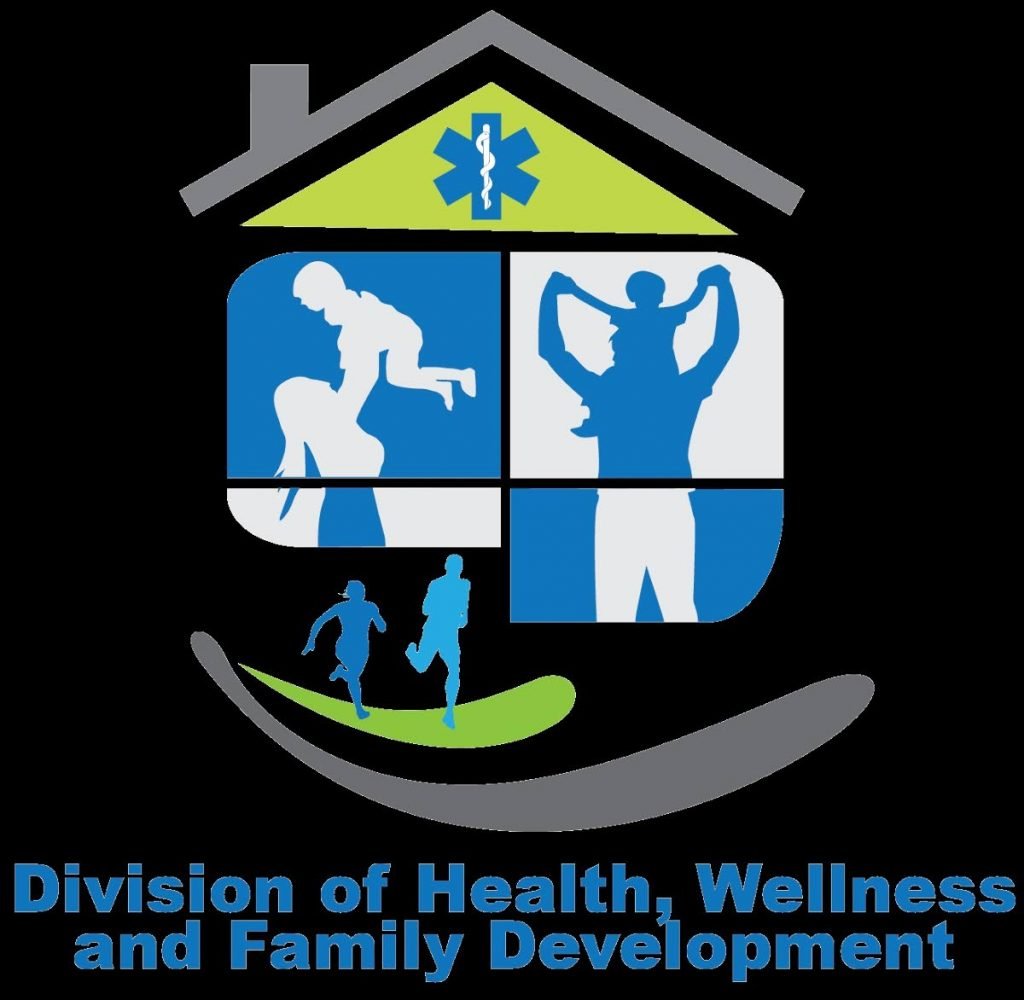Dealing with intimate partner violence

NIGEL PHILLIP
Domestic violence/intimate partner violence is a serious threat for many people globally. People in abusive relationships should know the early signs and seek the necessary help and attention. Behaviours can become identifiable from courtship to relationship, which involves an imbalance of power and control. These may be disguised as intimidating and hurtful words or subtle insults, stalking, invasion of privacy while using the phone, questions about whereabouts and tendencies to quickly become angry. People should know that domestic violence is wrong and people can be charged under the Domestic Violence Act, by breaching a protection order, rape, malicious damage and assault.
According to World Health Organisation, one in every three women have experienced some form of abuse in their lifetime. The following are the types of abuse experienced globally:
Emotional abuse – this type of abuse happens when a person’s emotions are attacked. This type of abuse can include intimidation, manipulation, insults and refusal to ever be pleased or contented in any given situation.
Psychological abuse – this type of abuse takes the form of mind controlling yet challenging every thought process of the person. This type of abuse tends to disarm the individual by eradicating their social belief system. A person’s religion, culture, race or ethnicity is normally prone to this type of abuse.
Verbal abuse – this type of abuse is expressed with cruel, harsh and insulting words. Such words can include: you are stupid, you are not enough, and you are hopeless and ugly. These words do not just attack the person’s feelings but also makes them feel insignificant or less of a person. Verbal abuse will eventually erode the person’s self-esteem and lead to anxiety and depression.
Physical abuse/domestic violence – physical abuse is domestic violence because it involves doing harm to another person through physical injury. It involves kicking, cuffing, slapping, pushing or throwing an object at an individual.
Sexual abuse – people should note that any form of sexual activity between committed individuals must be consensual and pleasurable for each person. When sex is forced upon an unwilling partner, it is sexual abuse. If a person feels compelled to engage in sexual activity with his/her partner out of fear for emotional or physical safety, this is sexual abuse.
It is not possible to compare the various types of abuse and determine which is worse. Anyone of them can lead to harmful consequences. Additionally, each person has a different way of experiencing abuse.
During the beginning of the covid19 pandemic, TT took several measures that affected all sectors of our society. Livelihoods changed drastically causing some people to become unemployed, thereby reducing their income. Children have been at home from school, which led to frustration for some people and a disruption of the normal function of the home. People also have not been accustomed to being in each other’s space on regular intervals before the pandemic. Some people also dealt with negative situations and stressors caused by increased alcohol consumption, sexual activities and domestic violence.
The Gender Unit in the Division of Health Wellness and Family Development has seen a 15 per cent increase in domestic violence reports from March-August 2020, which indicates the negative experiences some people underwent during the active covid19 period. The unit works collaboratively with the Gender Based Violence Unit at the Scarborough Police Station, along with other non-governmental organisations on the island to assist those affected. The Gender Unit refers people for counselling, assists with temporary shelter accommodation and grant funding through the Realisation for Economic Achievement (REACH) Unit, which provides seed grants of $7,500 to assist vulnerable people to become financially independent.
It’s never too late to speak out and the sooner people recognise the various signs, seek the necessary help urgently, it can save your life or that of your loved ones. Help can be obtained through the various services offered at the Gender Unit of the Division or the Gender Based Violence Unit at the Scarborough Police Station. Contact the Gender Unit at 729-5818, the GBV Unit at 639-2512 or any other police station throughout Tobago. If you need help, call and get it now!
Nigel Phillip is the Gender Affairs Officer, Division of Health, Wellness and Family Development, Tobago House of Assembly.
Phone: 639- 3395 ext. 47214
Website: www.dhwfd.gov.tt
Facebook: Division of Health, Wellness and Family Development


Comments
"Dealing with intimate partner violence"